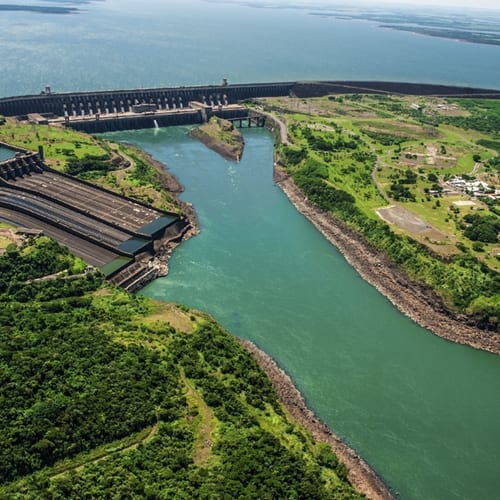"Delta P" is an industry term for the differential pressure commercial diving specialists might experience while on the job. When one body of water displaces into another, the rush of pressure could trap divers and subject them to possible damage. If a dangerous situation arises, divers need to rely on their support and best practices to resolve things safely.
A recent issue of Underwater Magazine addresses some of the consequences that can arise when divers do not properly prepare for Delta P: "If a diver is using a scuba tank, has no support staff or communications equipment and is not tethered to the surface—the opposite of the typical scenario involving certified commercial divers—he could run out of air while trapped, or hypothermia could set in."
The article also notes that these fatal accidents can occur in a variety of sites, including pools, hydroelectric plants and dams. No matter where the contractor is working, there are some universal safety procedures worth keeping in mind to make Delta P less of a concern.
1. Be realistic about the risks
Both contractors and their clients have to prepare for a possible Delta P situation by making sure divers have adequate support in the event of an emergency. Underwater Magazine advises that everyone involved in the job knows the dangers, not just the divers. Delta P can cause problems in various locations, and workers should know the worst-case scenario response if a diver is trapped between two pressure levels. This can also help clients have a realistic expectation of what the job requires, the source continued.
"There should be a way to quickly extract divers from harm."
A diving operations document from the United States Army Corps of Engineers says that procedures need to be "site-specific." That means there should be a way to quickly extract divers from harm and a means for correcting pressure imbalances as they arise. Before the dives begin, supervisors should also have a clear map of the work site ready.
2. Maintain diver contact
Not only should all support staff be able to tell where the diver is, they should also have an easy means of communicating with him or her throughout the job. Equipment should be up-to-date, and divers should be ready to respond as the operation progresses. If the divers are certified and have proper training, they may be better suited to Delta P situations as well and proceed cautiously.
3. Redirect the pressure
To address pressure differentials, the Association of Diving Contractors International suggests installing some sort of device between the two bodies of water where the pull is taking place. This could be a screen or a pipe with different holes in it, which can help prevent divers from being pulled in against their will. Proper lockout procedures are also a necessity.
Commercial diving services may benefit the most from insurance providers that know their industry. This may make it more likely to find a fitting solution when Delta P arises.

